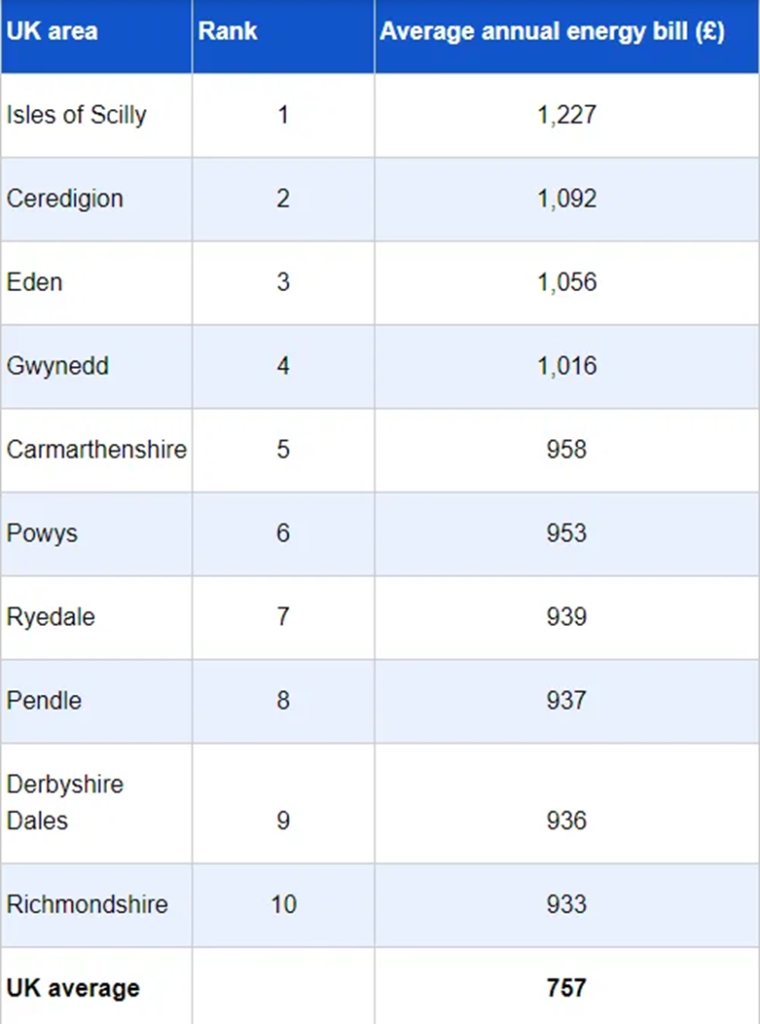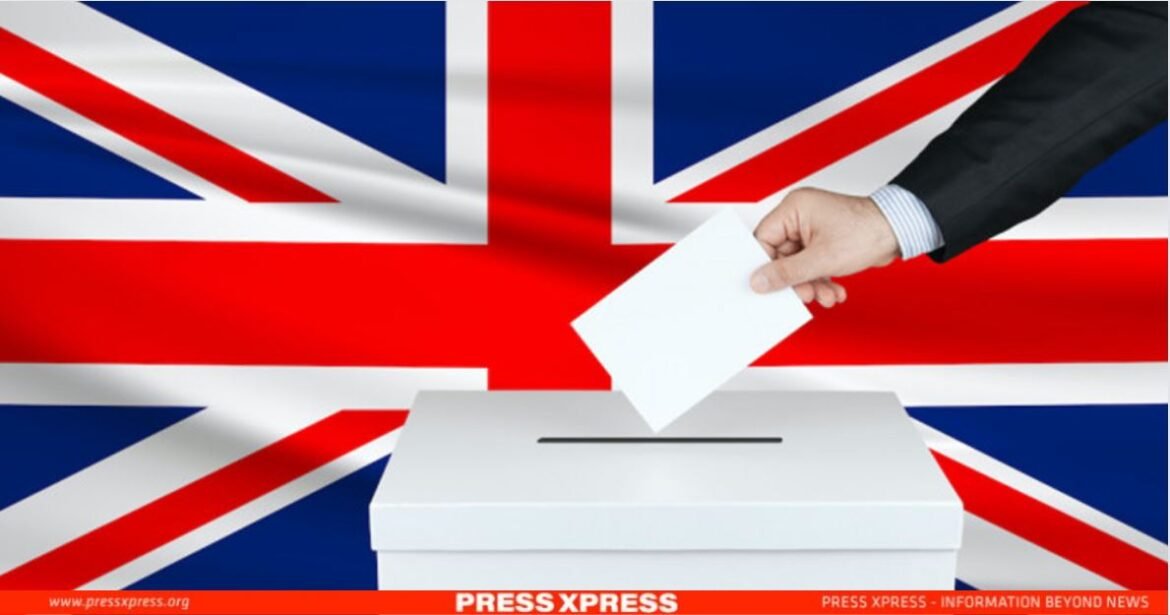Key Highlights:
- The cost-of-living crisis is a pressing issue for many UK households, with government statistics indicating that 4 in 10 adults struggle with rent or mortgage payments
- A recent study by the Resolution Foundation underscores the looming threat of UK energy bills potentially surging by £29 billion annually by 2050
- The current asylum system is placing significant strain on public finances, costing taxpayers £1.5 billion annually
The upcoming UK general election could unfold in one of three potential scenarios: a summer poll, an autumn election, or a ballot towards the end of the year, possibly in December or January 2025. There’s a growing indication that Rishi Sunak might opt for an autumn election, giving room for the newly implemented Rwanda deterrent and recent tax cuts to show their effects.
You can also read: Dark Money Tsunami in 2024 U.S. Elections?
Though not completely dismissing the possibility of a July vote, the Prime Minister leans toward the latter half of the year as his preferred timing. But while the UK is preparing for its first general election in five years, several issues are contributing to its political arena.
The cost-of-living crisis strains wallets and fuels tensions. The Israel-Gaza conflict extends internal discord internationally. Meanwhile, the English Channel, now a hotly debated migrant route, adds to electoral stakes.
The Cost-of-Living Crisis: A Tipping Point in UK Politics

The cost-of-living crisis is a pressing issue for many UK households, with government statistics indicating that 4 in 10 adults struggle with rent or mortgage payments and are buying less food. Adults frequently cited rising living expenses due to:
- price of food shopping (88%)
- gas or electricity bills (83%)
- price of fuel (77%)
Capital Economics, in a recent 2024 report indicated that Britain’s housing/living crisis, particularly in the rental sector, is fueled by unprecedented levels of net migration, outstripping the rate of housing construction to accommodate a growing population. The report also highlighted that the number of rental households formed by new immigrants has surged from approximately 80,000 annually in the 2010s to over 200,000 in recent years.
This assessment draws from Office for National Statistics data, revealing that about 80% of new immigrants opt for private-sector rentals.
These findings underscore a collision between the UK’s dependence on foreign labor and its failure to match housing supply with demand, exacerbating the cost-of-living strain on renters. Immigration has emerged as a key concern for voters, with the ruling Conservatives striving to address discontent within their ranks regarding border policies.
Net migration has witnessed a significant uptick in the UK post-pandemic, reaching a record high of 745,000 in 2022. This surge is attributed to factors such as international students, healthcare professionals, and migrants from regions like Hong Kong and Ukraine.
Furthermore, Capital Economics notes that the demand for rentals has been bolstered by prospective homeowners being forced to rent for extended periods due to elevated mortgage rates.
Domestic Repercussions of the Israel-Gaza War
Although the Israel-Gaza conflict may appear geographically distant from British shores, its reverberations could profoundly affect the UK’s energy prices, which is a cause for concern. Recent high inflation in the UK has largely been attributed to steep rises in both food and energy bills.

A recent study by the Resolution Foundation underscores the looming threat of UK energy bills potentially surging by £29 billion annually by 2050. In April, UK households witnessed a substantial spike in energy costs, with prices escalating from £693 to £1,971, following Ofgem’s announcement of a 54% increase in the energy price cap due to soaring oil and gas prices.
On average, individuals on default tariffs paying via direct debit will experience a £693 hike, with their bills rising from £1,277 to £1,971 per annum. Meanwhile, households using prepaid meters will face an average increase of £708, with bills climbing from £1,309 to £2,017.
According to energy analyst Saul Kavonic, the escalation of tensions in the Middle East has contributed to a surge in global oil prices. The possibility of prolonged conflict involving major oil-producing nations such as Iran and Saudi Arabia has intensified market uncertainties. Should global oil prices continue to climb due to these tensions, it could translate to increased fuel costs domestically, further exacerbating the financial strain on the UK’s households.

The Controversial Asylum Seeker Policy and Cost Crunch
Immigration has long been a contentious issue in the UK, especially preceding Brexit. The Conservative Party had high hopes for their controversial Rwanda policy, aimed at processing asylum seekers in Africa, as a potential boost for the Sunak government’s re-election prospects. However, despite their efforts, the policy failed to prevent significant losses for the Tories in council elections, though it did keep the issue in the spotlight.
Outlined in the bill, individuals arriving without permission after January 2022 could face deportation via a one-way flight to Rwanda for resettlement, leaving the fate of over 50,000 asylum seekers uncertain.
Home Office data from February 2022 revealed a stark increase in migrant crossings, with 28,526 individuals crossing the Channel in 2021, up from a mere 299 in 2018. Of these, 19,253 individuals lacking the right to remain in the UK were voluntarily removed last year, with 3,319 receiving support packages or flights funded by the Home Office.
The current asylum system is placing significant strain on public finances, costing taxpayers £1.5 billion annually, the highest in two decades. This surge in arrivals has led to increased expenses for accommodation, support, and processing, exacerbating the financial burden.
Before the pandemic and the rise in small boat crossings, destitute asylum seekers were typically housed in rental accommodations. However, the sharp increase in crossings, coupled with the pandemic, has forced approximately 37,000 individuals onto resettlement schemes, with many housed in hotels, costing taxpayers £4.7 million daily.
Former Conservative Home Office ministers have criticized the government’s approach, cautioning that the plan may prioritize symbolic gestures, such as token flights, over substantive solutions, especially in the lead-up to a general election.

From the looming specter of the cost-of-living crisis, exacerbated by a housing shortage and rising energy prices, to the far-reaching repercussions of conflicts abroad, such as the Israel-Gaza war, every voter’s concern holds weight. Meanwhile, the divisive topic of immigration, underscored by the controversial asylum seeker policy and its staggering financial implications, adds another layer of complexity to the electoral equation.
Will the upcoming election serve as a turning point, in addressing these critical challenges?


